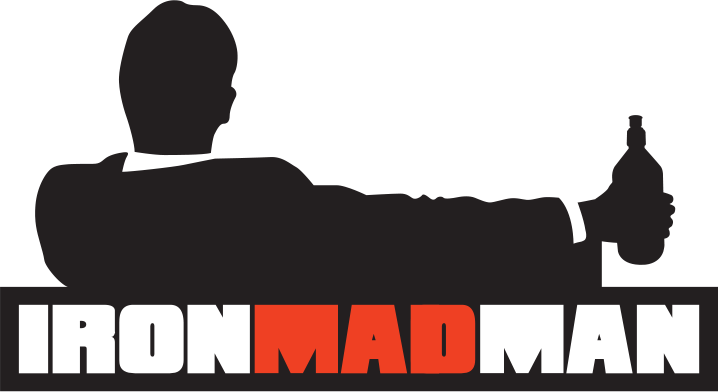I Hired a Coach, Now What?
/"OK, 2018...THIS is the year. This is the year when I hit and exceed my goals. I hired a coach, I'm putting my faith in their hands, and it's gonna rock."
If this sounds like you, you've already made your first big mistake. And it's not the hiring the coach part, either.
There are lots of reasons to hire a coach. Sure, performance improvement should be towards the top of the list. Other reasons might include needing a greater sense of accountability, wanting to be part of a larger team dynamic, or simply learning *how* to train.
Whatever your reason, it's vital to realize that the success of your season is as much up to YOU as it is your coach. And in my initial example above, that's why it's a mistake to simply let your coach take the proverbial "steering wheel" and relieve yourself of any personal responsibility in your success, to paraphrase that popular religiously-intoned country music song.
I believe the most successful coached athletes exhibit the following behaviors and tendencies. If you believe you're capable of doing the same, you are in prime position to get the most out of having a triathlon coach.
Question, Question, Question: Do you understand the workouts prescribed for you? Do you know why you're doing certain drills, or what the nomenclature means? Do you understand the larger context of your workouts, your training block and how each workout relates to your big-picture goals? If not, you oughta ask! To me, what happens if you don't know answers to these questions is that you can lose interest in your goals because you don't really understand why you're doing what you're doing. OR, you're just wasting money long-term because you're mindlessly paying a coach for an unspecified amount of time -- when you could simply learn how to coach yourself over time by asking appropriate questions. (If you're interested in doing so.)
An essential part of being a well-coached athlete is having an inquisitive mindset while believing in the big-picture journey and realizing that results come from everyday consistency -- "trusting the process."
"Trust the Process:" I have several friends who are Philadelphia 76er fans and as a result, know this phrase all too well. But how can you question so much and then "trust the process?" It's weird, I know. But just because you're not sure about the destination of your journey doesn't mean your coach doesn't know. So there's a big difference between the two. That said, if you don't get a straight, thorough answer on where you're headed when you ask your coach about "the process," I think it's time to find a new coach.
Be Consistent: A coach's plan is only as good as the athlete who diligently follows it (assuming you're both aligned on "the process" and your goals.) For the athlete, that means working out day in, day out, usually twice a day. If you can't commit to consistency as an athlete, it probably doesn't pay to invest in a coach. You will see the biggest gains from a consistent training approach that deviates as little as possible from a coach's (well-constructed) plan.
Communicate!: If you are using Training Peaks to log your workouts, you will notice that you can write comments from each workout you complete. I highly encourage using this feature, as good coaches gobble up info about your progress. Not everything can be measured in numbers, so knowing the qualitative aspects of each training session help inform our thinking to refine our workouts for you week in and week out. If you're not posting notes, either via Training Peaks, via text or email, you're missing an opportunity to optimize your training program.
Do the "invisible" Work: As a coach, I can program your workout schedule based on our ongoing discussions (and workout data gathered) about goals, available time, additional commitments, illness, injury and myriad other factors. What's harder to do is program the athlete's meals, recovery, including sleep, and nutrition on a meal-to-meal basis. This is where an athlete has to assume responsibility to create an environment that allows for the actual workouts to absorb properly, and to actually accrue real fitness (while maintaining or reducing life stress). This is a very delicate balance, and I've seen committed athletes fail here because they just won't let go of bad habits that ultimately sabotage performance. If you can do the "invisible work" beyond your workouts, not only will you optimize your training, your entire life likely will improve through healthier eating choices, better quality rest and a more injury and illness-free existence.
So, before you hire a coach for 2018, ask yourself whether you can commit to being a partner with your coach, not just a client. Are you up for consistently nailing your workouts, scrutinizing the training sessions, asking questions, sharing information beyond your workout data, and making healthy lifestyle choices?
If so, hire away. And look out...2018 might just be your best season yet.

